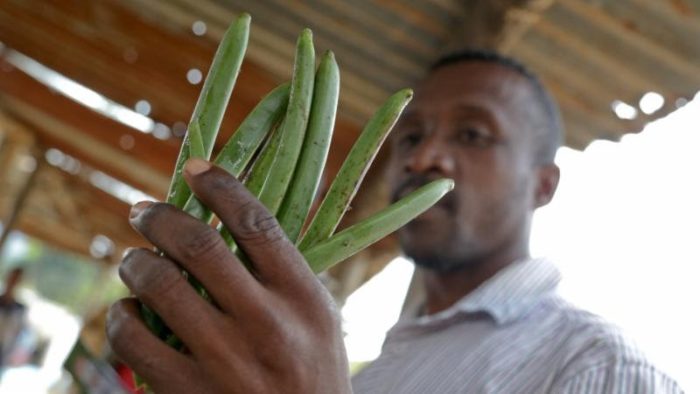
In a new article for Medium, author Tiffany Gilbert highlights the partnership between NCBA CLUSA, USAID and McCormick & Company to support vanilla farmers in Madagascar using the cooperative business model. Madagascar has long been the world’s top vanilla source, producing about 40 percent of global supply in 2019. Farmers rely heavily on the nation’s biodiversity for food and jobs. Gilbert writes, “As communities clear new cropland to make ends meet, the forests shrink, jeopardizing water sources and increasing their vulnerability to climate change.” The solution? Sustainably grown vanilla has the potential to protect forests and their ability to mitigate climate change, while providing farmers with much needed income.
By working together, USAID, McCormick, NCBA CLUSA and local partners are promoting sustainable vanilla production and developing economic opportunities for farmers and their communities. In the past year, five new vanilla cooperatives have been created and over 1,700 cooperative members have received USAID training to attain Rainforest Alliance Certification, a global certification that requires compliance with standards related to biodiversity conservation, responsible land management, and human rights.
By establishing cooperatives, farmers are able to cut out the middleman and see higher profits. With the sustainable income generated from the vanilla cooperatives, farmers are putting less pressure on the forests and achieving sustainable outcomes.


